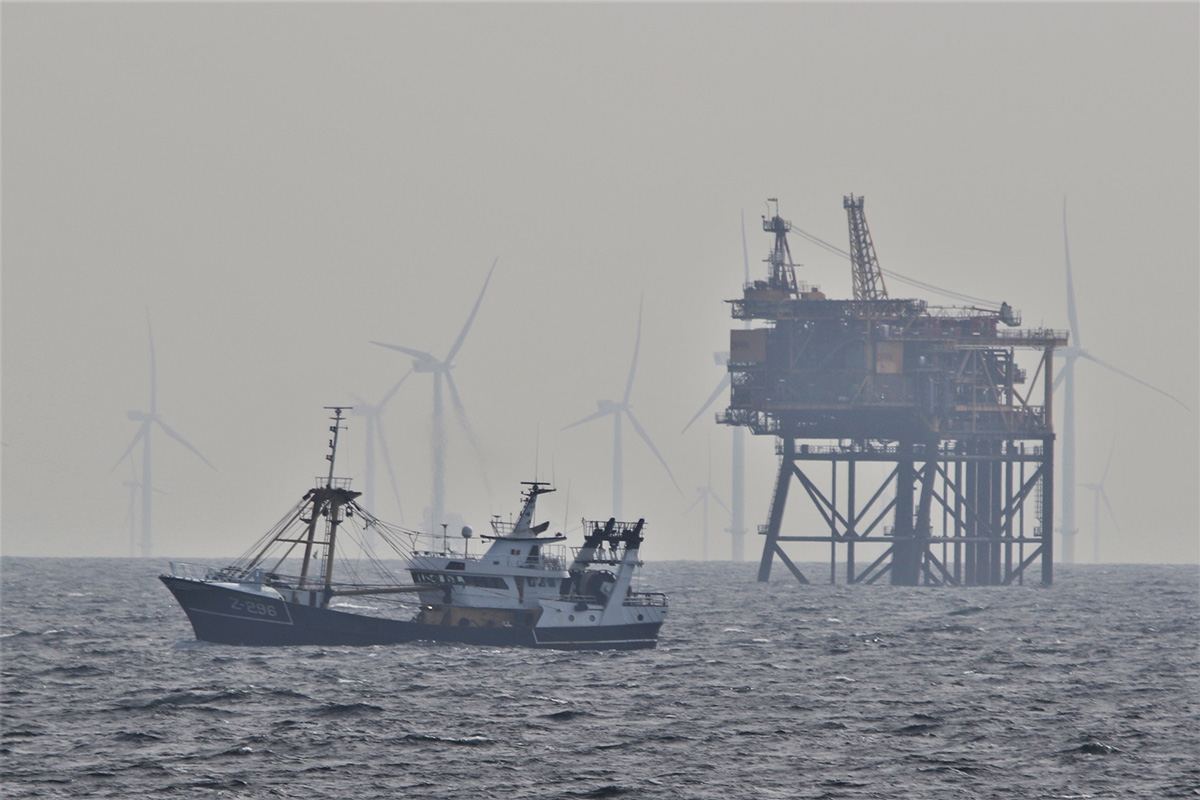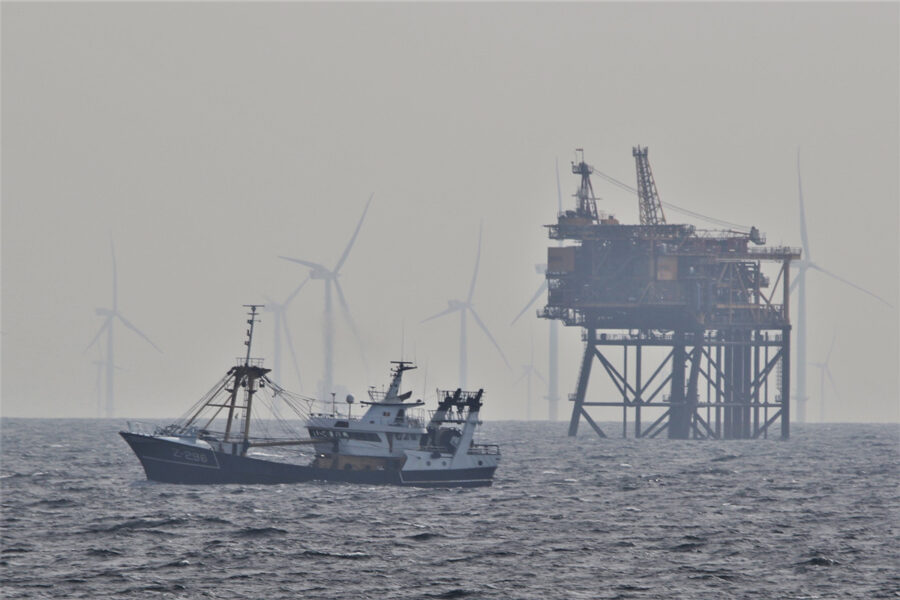A huge mid-year increase in the Irish Sea sole TAC is unlikely to be of much use to UK fishermen, coming late in the season and as yet unallocated PO chiefs have suggested.
The current UK Irish sea sole quota, of just 61t, was a 70% reduction on the 2023 TAC, and had allowed a bycatch-only fishery – which, say beam trawl skippers, made fishing in the Irish Sea uneconomic.
The quota was increased after pressure from Belgian fishermen, who for historic reasons going back to the Second World War have the majority of the quota, with a traditional summer fishery, landing catches into Irish Sea ports such as Liverpool for consignment to Belgium.
In the light of updated ICES advice, Flemish fisheries minister Hilde Crevits approached the European Commission to negotiate adjusted quotas with the UK. She also called for a transition to multi-year quotas for the stock to provide fishermen with greater certainty and stability, rather than the roller-coaster ride that they have seen in recent years. This is a call backed by many in the UK, including the Western Fish Producers’ Organisation, which has petitioned Defra to use sole as a trial species for multi-year quotas.
The outcome of discussions between the EU and UK was an agreed immediate uplift of the TAC, with Belgian fishermen confirming their allocation has increased fourfold, from 62t to 281t.
Emiel Brouckaert, director of the Belgian PO Redercentrale, told Belgian media last week that vessels would take immediate advantage of the quota increases. “This will ease the suffering for our fishers and allow them to remain somewhat profitable. Sole is an important species for our fishers, providing 50% of the turnover.”
The uplift, however, is unlikely to see huge benefits to the UK fishing fleet. One PO chief executive told FN: “Our boats would normally have gone up to the Irish Sea earlier in the year, and this is coming too late for us, really.

The Belgian beamer Mooie Meid Z296 fishing in the Irish Sea last summer. Although the Belgian fleet has been given an immediate quota increase, UK vessels must wait until after the election for the allocation of quota. (Image: Darren Purves.)
“We were told that the reduced TAC – down 70% year on year – only allowed for a bycatch fishery. We were never able to actually learn what the bycatch allowances were, and the skippers didn’t want to take the financial risk of steaming up to the grounds only to find that they were either in trouble, or couldn’t make the fishing viable.
“We have no idea when the extra quota will be allocated to us, or if bycatch levels still apply in the fishery, making it very hard for us to plan any fishing activity.”
When contacted by FN, Defra confirmed that the quota increase had been agreed at a meeting between the UK and the EU held on 13 June. The overall TAC for the stock was increased to 625t, with the UK to receive 23.21% of the total – 145t – with the remaining 76.79%, 480t, going to the EU – primarily Belgium, but also France and Ireland.
The UK quota would be allocated, FN was told, ‘after the election’. The reasons for this are not clear, but relate to the purdah rules that apply during election periods, when civil servants are not able to take certain decisions that may be deemed to be political.
Given that, during the same period, a three-year deal was made on the acquisition of mackerel quota, this may seem to some to be a strict interpretation of the rules.
This story was taken from the latest issue of Fishing News. For more up-to-date and in-depth reports on the UK and Irish commercial fishing sector, subscribe to Fishing News here or buy the latest single issue for just £3.30 here.
Sign up to Fishing News’ FREE e-newsletter here.








